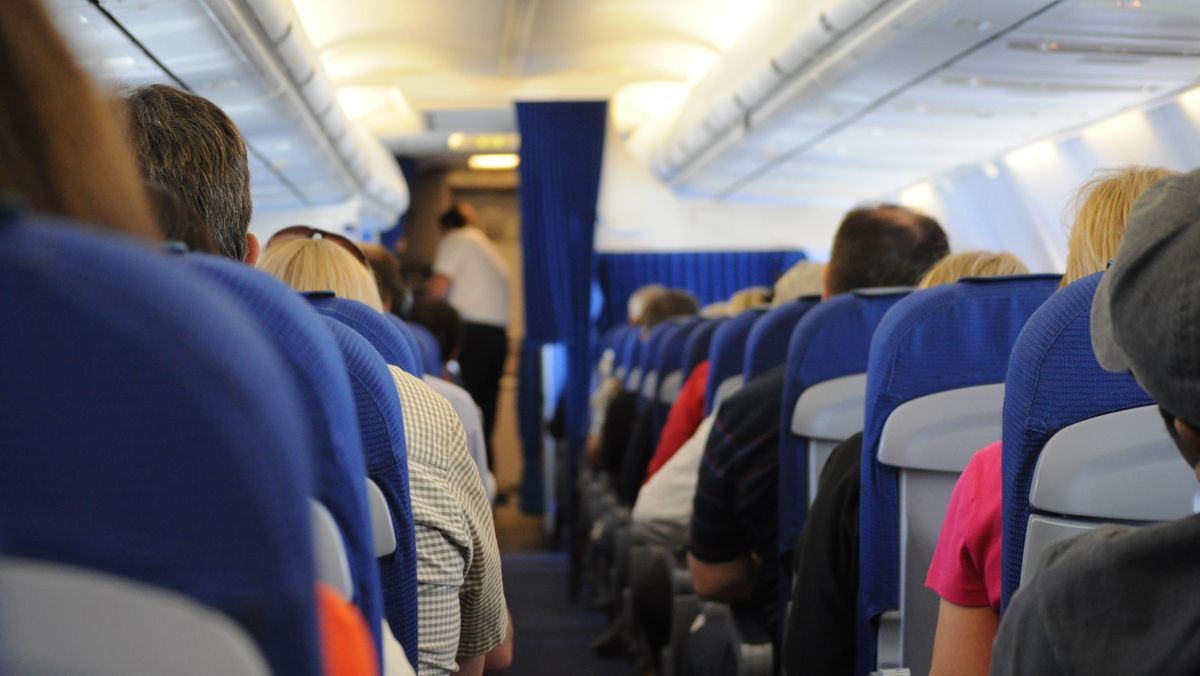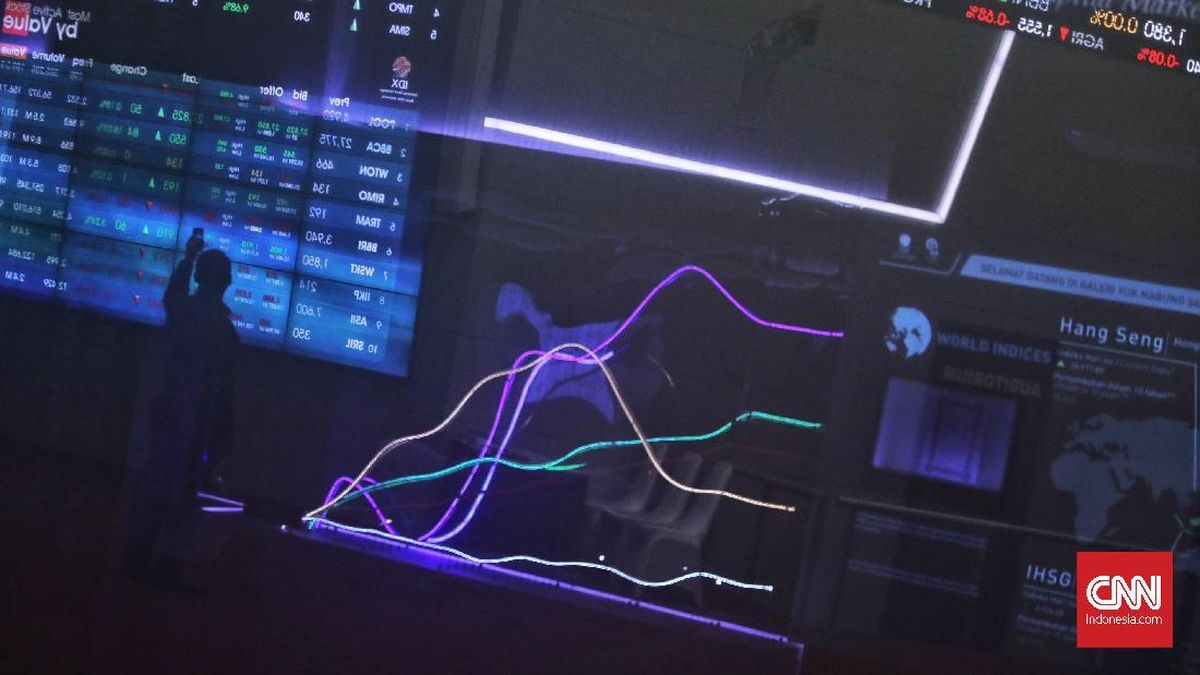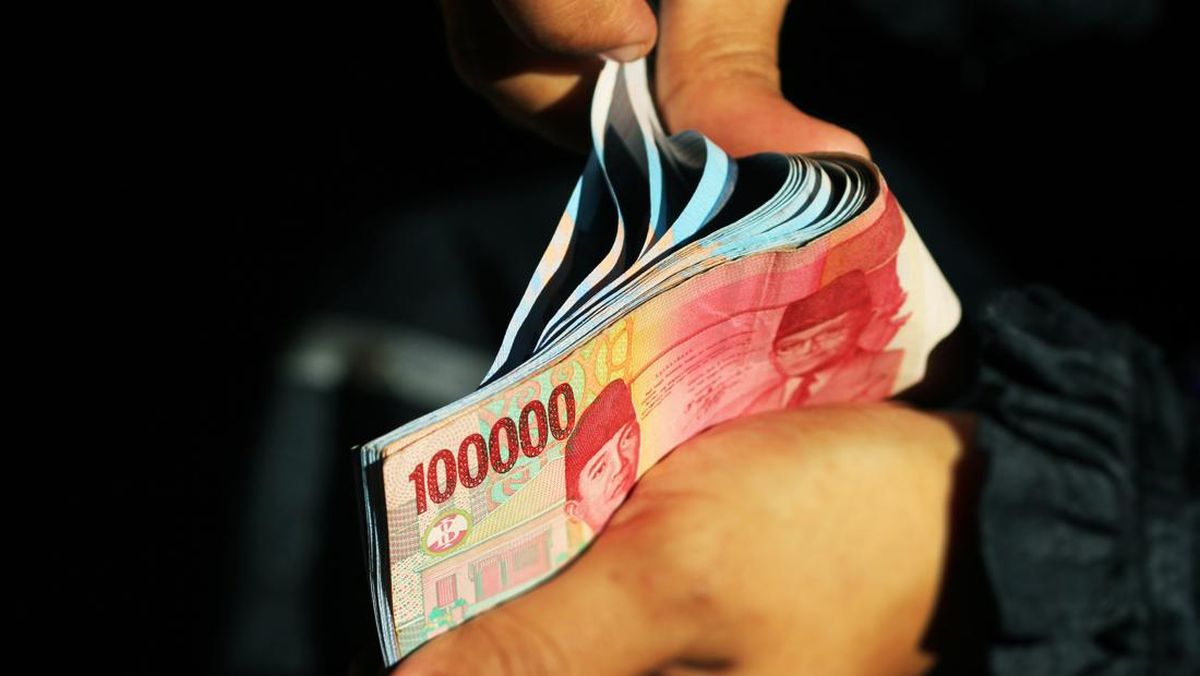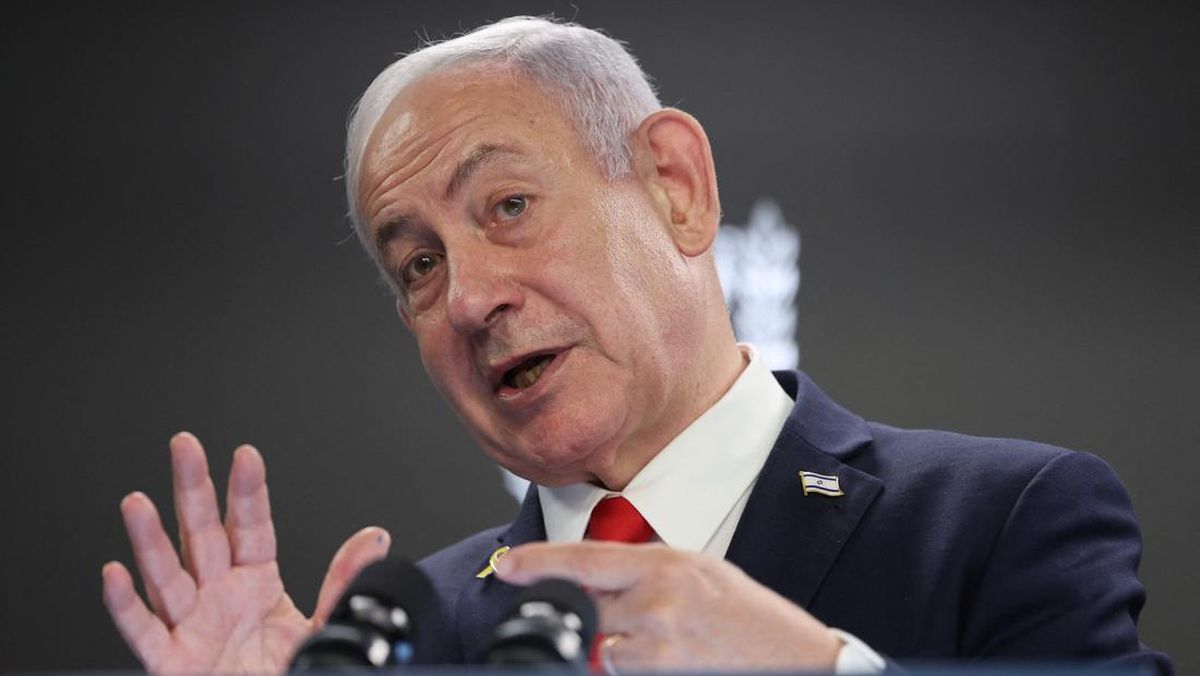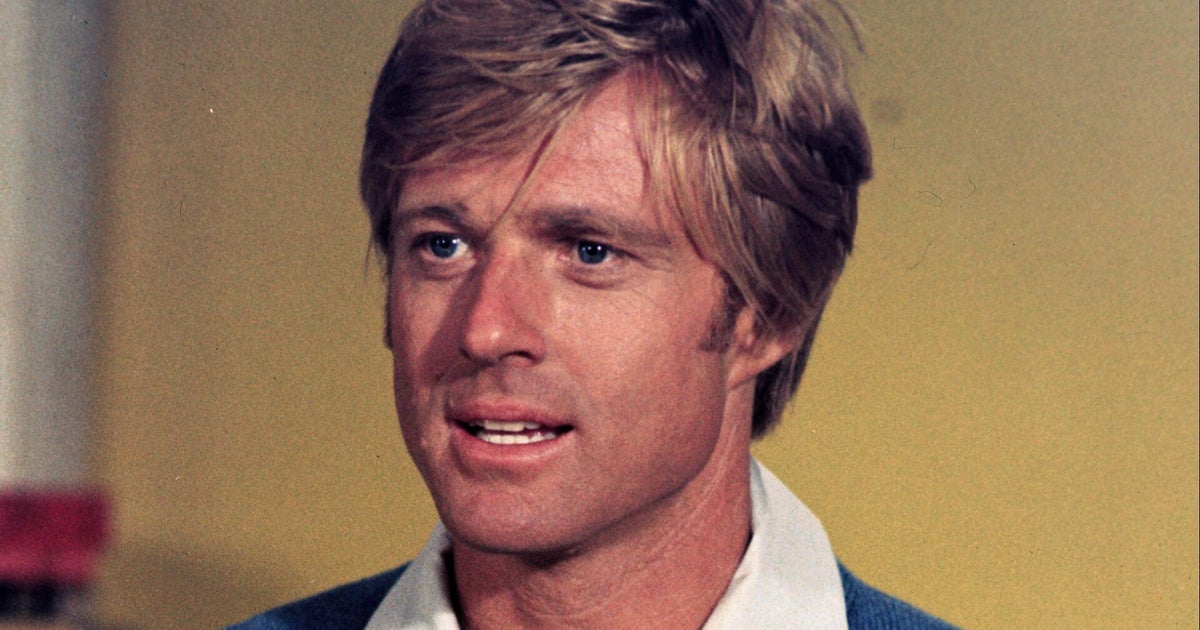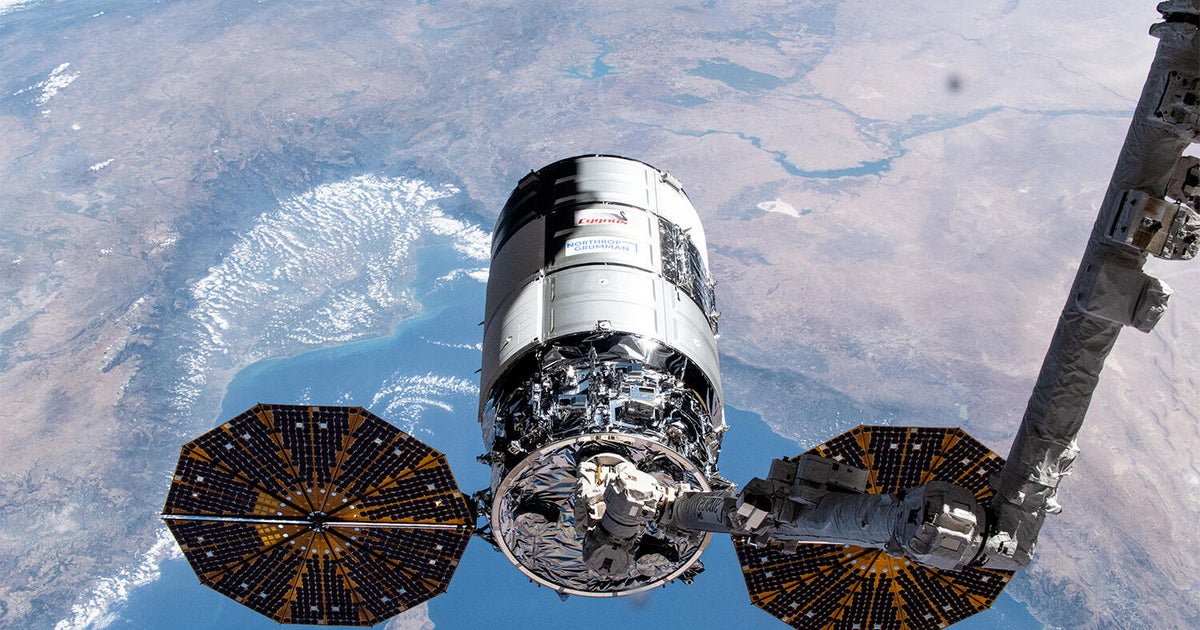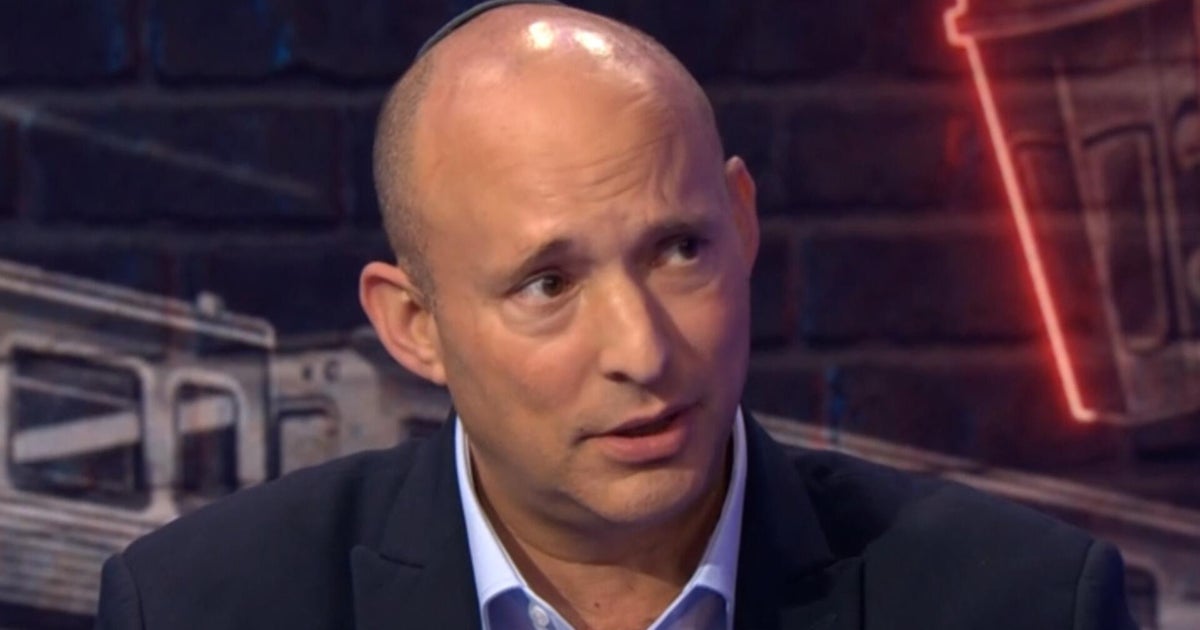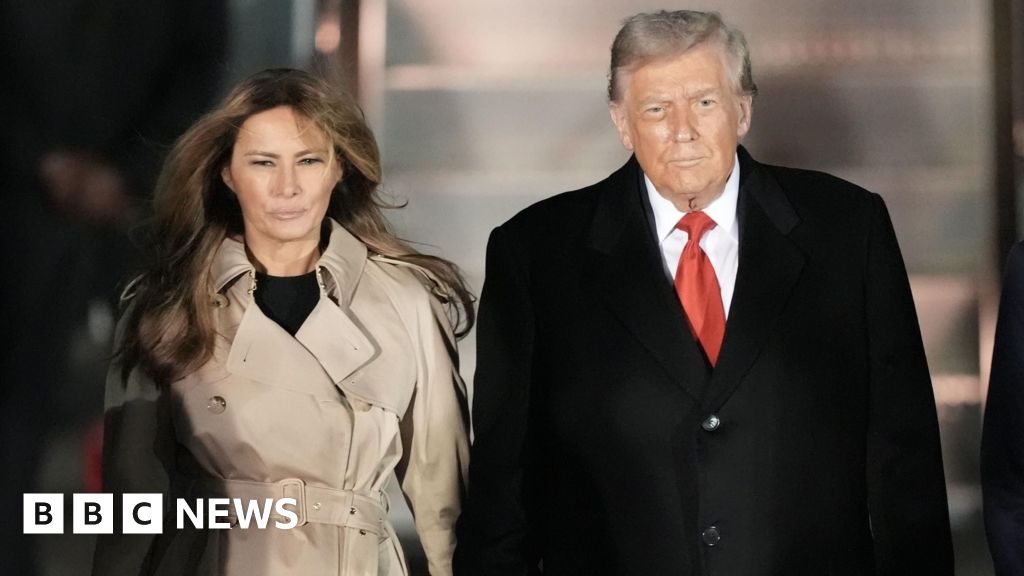It may have been the tail end of summer, but many Americans got badly burnt as they celebrated the Labor Day holiday this week.
Despite Trump claiming via social media that “Prices are ‘WAY DOWN’ in the USA, with virtually no inflation” every American’s hot plate was telling a different story - especially when it comes to their insatiable appetite for beef.

Elon Musk, US President Donald Trump, Donald Trump jnr, Mike Johnson and Robert F Kennedy jnr eat McDonald’s aboard Trump’s private plane.Credit: @DonaldJTrumpJr/X
While Trump plays King Canute, trying to hold back the inflation tide with nothing more substantial than his social media tirades, beef prices have never been higher.
As Americans shopped for their Labor Day weekend steaks and burger meat, they were hit with prices that have risen well over 10 per cent over the past year, according to the latest consumer price index data.
It is a recipe for Republican discontent as voters head back to work from their summer break, and it would be hard for the hamburger-loving Trump not to notice. The McDonald’s aficionado appeared in an ad for the burger chain in 2002 and often boasts to staff that he knows the menu better than they do.
But does he know the menu prices?
McDonald’s executives were recently conceding that low-income customers were struggling with the $US10 ($15) cost of a burger, fries and soft drink.
And the US Department of Agriculture is forecasting that US beef prices will hit fresh record highs again next year. Rabobank is forecasting record prices for the next two years. And it is not hard to see why.
America’s love of beef remains stubbornly high despite the record prices. Americans on average consume 25kg of beef each a year but the US cattle herd is at its lowest point since the 1950s due to prolonged drought, and the population has more than doubled since then.
This brings up another uncomfortable Trump topic: climate change.
In this case, this issue is a phenomenon known as “climate inflation”, which relates to all the price rises driven by drought, heat waves, floods and wildfires. In Australia, the most prominent example has been the surge in the cost of home insurance.

Cattle herds have dwindled in the US with climate change a significant factor driving recent drought.
For US consumers, drought raises the cost of raising cattle, which means selling them for slaughter makes more sense than growing the herd. This is why US cattle stocks are so low.
“This is one indicator of how climate change will affect our food system, and it’s playing itself out in beef right now,” Ben Lilliston a director at the Institute for Agriculture and Trade Policy, told Bloomberg.
To fill this gap, the US is heavily reliant on beef imports from the two biggest exporters: Brazil and Australia.
But Trump has hit his fellow Americans with another self-inflicted wound on this front by slapping Brazil with a broad 50 per cent tariff last month, which covers beef. It is expected to bring these exports to a standstill.
Loading
Australia stands to be the big winner. Our 10 per cent tariff makes Australian beef exports even more price competitive in the US. There is also the fact that America needs Australia’s lean beef in their burgers for structural reasons. America’s high fat beef patties would literally fall apart without our beef.
So it is no surprise that Australian imports of US beef are expected to remain at negligible levels in hundreds of tonnes a year, despite the federal government recently lifting restrictions on US access to our market. Meanwhile, US demand has helped boost our beef exports to record highs.
Industry group Meat and Livestock Australia (MLA) says overall beef exports have broken the monthly all-time volume record for the fourth time over the past 12 months with total beef exports hitting 150,435 tonnes in July. It was a 12 per cent increase on the previous record set just one month earlier in June.
The potential hurdle for Australian farmers is the additional US tariffs that could kick in if our beef exports exceed 449,482 tonnes this year.

China is regaining its taste for Australian beef and pipped South Korea as our second-biggest export market. Credit: Lisa Maree Williams/Getty
MLA reports that our beef exports to the US were up 12 per cent in July to 43,038 tonnes and topped 246,000 tonnes for the year-to-July.
But a stiff tariff increase is a cost Trump’s voters cannot afford, especially when Australian farmers have alternatives. MLA reports this week showed exports soared 47 per cent year-on-year to 22,323 tonnes for our second-largest market China, pipping South Korea which also had strong growth in its Australian beef imports.
And adding insult to injury for Trump, our beef exports soared 145 per cent to Canada. No prizes for guessing why, following his brawl with America’s northern neighbour.
Wherever Brazil’s exports end up, it is a sellers’ market.
Loading
“Australia generally averages 15 to 20 per cent of global beef exports. This means Australian export increases, while significant, do not alone shift the global supply situation. As such, even though Australian exports have risen, the effect of lower exports from other nations means global supply remains generally tight,” MLA analyst Tim Jackson says.
According to a report this week from the Australian Bureau of Agricultural Resource and Economics and Sciences, rising livestock prices played a crucial role in lifting Australia’s agriculture, fisheries and forestry production value to more than $100 billion this year – for the first time ever.
Australia’s bonanza is in stark contrast to the banquet of consequences for Trump ahead of the crucial midterm elections next year that are already making his Republican colleagues nervous, as cost of living woes sink the president’s standing among those who elected him.
For their constituents, rising food prices are just part of the cost of living crisis that Trump promised to fix.
As Trump himself said: “I won on groceries, we’re going to bring those prices down.”
On the beef front that will require a lot more Aussie imports to fill the void left by Brazil, not US exports.
The Business Briefing newsletter delivers major stories, exclusive coverage and expert opinion. Sign up to get it every weekday morning.
Most Viewed in Business
Loading






